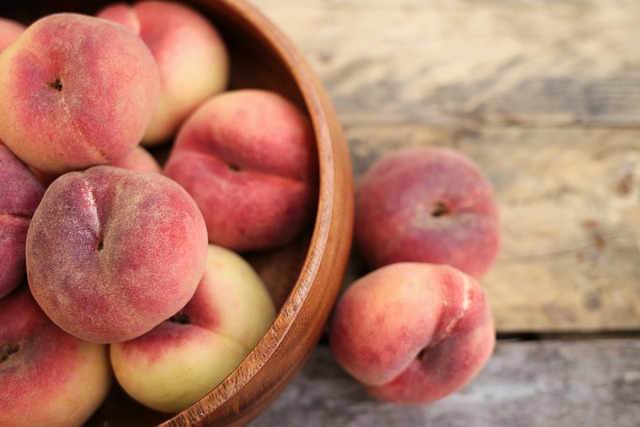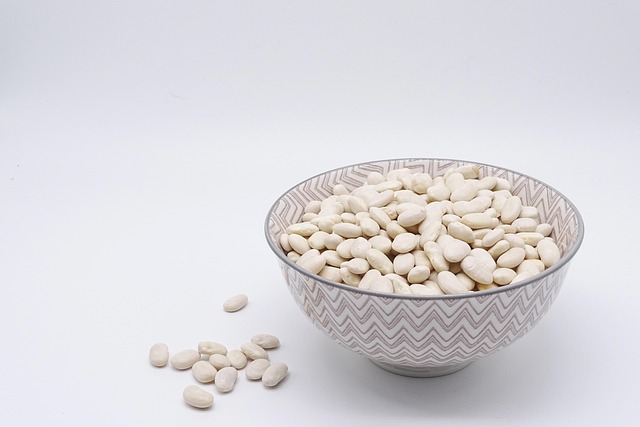When a sore throat crops up, the first instinct for many is to reach for medication or a hot tea. While those remedies play an important role, the foods you choose to eat and drink can be equally powerful allies in soothing discomfort and speeding recovery. In this guide we’ll explore how simple dietary tweaks—rooted in whole foods, hydration, and mindful eating—can ease a sore throat, boost overall wellness, and support a healthy lifestyle.
Understanding the Role of Nutrition in Throat Health
A sore throat is often the body’s response to infection, inflammation, or irritation. What you feed your body influences how quickly those symptoms subside. Nutrients that reduce inflammation, support immune function, and provide gentle hydration can calm the throat and accelerate healing.
- High‑quality protein sources help rebuild tissue and strengthen defenses.
- Antioxidant‑rich fruits and vegetables fight oxidative stress and aid recovery.
- Hydrating fluids keep mucus thin and the throat moist.
- Soft, bland foods prevent further irritation during the healing phase.
Begin With Gentle Hydration
Hydration is the cornerstone of comfort when dealing with a sore throat. Adequate fluids keep mucous membranes lubricated, making swallowing easier and reducing the risk of bacterial spread. Warm beverages, in particular, can provide soothing warmth without the harshness of hot drinks.
- **Warm water with honey and lemon** – Honey’s natural antimicrobial properties pair with vitamin‑C‑rich lemon to calm the throat.
- **Herbal infusions** – Chamomile, ginger, or peppermint teas offer gentle heat and anti‑inflammatory benefits.
- **Broth-based soups** – Chicken or vegetable broth supplies electrolytes, fluids, and mild proteins.
Aim for at least 8 to 10 cups of fluid per day, adjusting for body size, activity level, and the severity of symptoms.
Soft, Nourishing Foods That Won’t Irritate
When the throat is inflamed, crunchy or acidic foods can aggravate the lining. Choosing soft, nutrient‑dense options helps you maintain energy without worsening pain.
- **Mashed or pureed vegetables** – Carrots, sweet potatoes, or pumpkin, blended with a splash of broth or yogurt.
- **Scrambled or poached eggs** – A source of high‑quality protein and healthy fats.
- **Oatmeal or cream of rice** – Warm cereals that can be sweetened lightly with fruit or cinnamon.
- **Yogurt or kefir** – Probiotic cultures support gut health, which is linked to immune resilience.
Fruit Choices That Offer Comfort
Many fruits carry acidity that may sting a sore throat. However, certain options provide hydration, vitamins, and antioxidants with a gentle profile.
- Bananas – Soft texture, potassium, and easy to mash if needed.
- Applesauce – Retains fruit flavor while removing the roughness of raw fruit.
- Melons – Cantaloupe or honeydew are high in water content and mild on the throat.
Choosing fruits that are low in acid and high in water can help maintain hydration without adding discomfort.
Strategic Use of Spices and Flavoring Agents
Flavoring a meal too aggressively can provoke irritation. Nonetheless, some spices can soothe inflammation while preserving taste.
- **Turmeric** – Contains curcumin, a potent anti‑inflammatory compound; a teaspoon in warm milk or broth can add flavor and relief.
- **Ginger** – Fresh or powdered ginger can help reduce swelling and add a subtle warmth.
- **Cinnamon** – A dusting of cinnamon on oatmeal or yogurt can impart sweetness without acidity.
Probiotic Support for Immune Health
Maintaining a healthy gut microbiome is increasingly recognized as a pillar of immune function. When a sore throat is caused by viral or bacterial infection, a resilient microbiome can shorten symptom duration and lessen severity.
- **Fermented foods** – Sauerkraut, kimchi, and miso provide beneficial bacteria.
- **Supplemental probiotics** – Look for strains like Lactobacillus rhamnosus GG or Bifidobacterium lactis.
- **Prebiotic fibers** – Oats, bananas, and onions feed gut bacteria, enhancing their growth.
Avoiding Common Irritants
Some everyday choices, while seemingly innocuous, can hinder healing. It’s useful to be mindful of these when managing a sore throat.
- Dry, dusty environments – Use a humidifier to keep air moist and reduce throat dryness.
- Strong fragrances or chemicals – Cleaning products, perfumes, and air fresheners can exacerbate irritation.
- Cold beverages or foods – Rapid temperature shifts can cause discomfort.
- Alcohol and caffeinated drinks – Both can dehydrate the body and intensify throat dryness.
Simple Lifestyle Tweaks That Amplify Dietary Benefits
Nutrition works best when coupled with holistic habits. Below are easy adjustments that reinforce the dietary strategies discussed.
- **Restful sleep** – Aim for 7–9 hours per night to allow the immune system to function optimally.
- **Gentle movement** – Light walking or stretching keeps circulation flowing without overtaxing the body.
- **Mindful breathing** – Deep, diaphragmatic breaths help reduce stress and support respiratory health.
- **Avoiding smoking** – Tobacco smoke directly irritates mucous membranes, prolonging sore throat discomfort.
Sample Day of Sore Throat‑Friendly Meals
Below is a sample menu that balances flavor, nutrition, and gentle textures. Feel free to modify portions or ingredients based on personal preference and symptom severity.
- **Breakfast** – Cream of wheat topped with mashed banana and a drizzle of honey; served with a cup of chamomile tea.
- **Mid‑morning snack** – A small bowl of yogurt with a sprinkle of cinnamon and chopped soft fruit (e.g., peaches).
- **Lunch** – Chicken broth-based soup filled with shredded chicken, diced carrots, and finely chopped spinach; accompanied by warm, mashed potatoes.
- **Afternoon beverage** – Warm water infused with ginger slices and a spoonful of honey.
- **Dinner** – Poached salmon with a side of steamed broccoli (finely shredded) and a gentle sauté of zucchini; served with a small portion of plain rice.
- **Evening relaxation** – A cup of peppermint tea to aid digestion and provide a soothing end to the day.
When to Seek Professional Care
While diet and lifestyle adjustments can greatly influence recovery, certain signs call for medical attention. If you experience:
- High fever above 38.3°C (101°F)
- Severe pain that limits swallowing or breathing
- White or yellow patches on the tonsils or a sudden increase in sore throat severity
- Symptoms lasting longer than 7–10 days
- Difficulty drinking fluids or swallowing
Consult a healthcare professional promptly. In many cases, a doctor can prescribe antibiotics if a bacterial infection is present or recommend other interventions.
Conclusion: Empowering Your Body Through Simple Choices
A sore throat can feel like a daily obstacle, but by integrating thoughtful, throat‑friendly foods and supportive habits, you can reduce discomfort, strengthen your immune system, and maintain a healthy lifestyle. Think of your diet as a gentle, nourishing hand on your throat, offering relief while your body battles infection. Even small changes—like swapping coffee for warm herbal tea or adding a spoonful of turmeric to your broth—can create a noticeable difference in how quickly you feel better. Keep these guidelines handy, and remember that every bite and sip can play a part in recovery and overall wellness.




